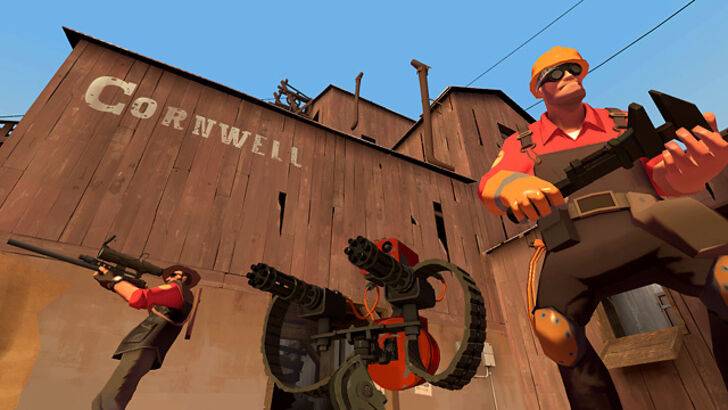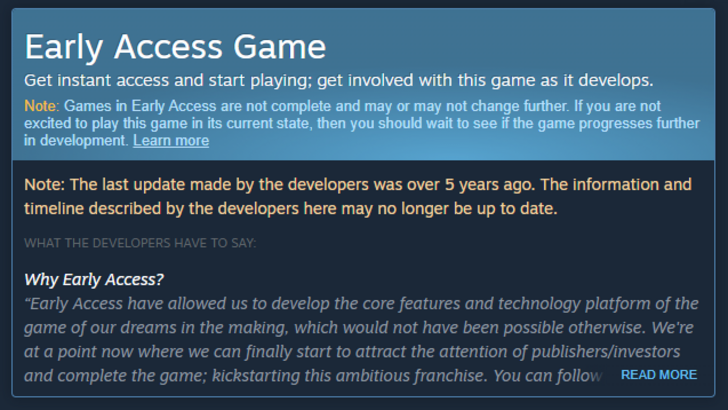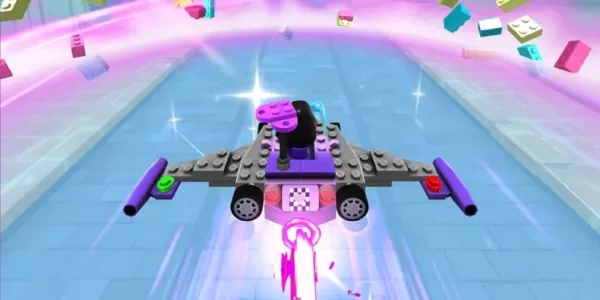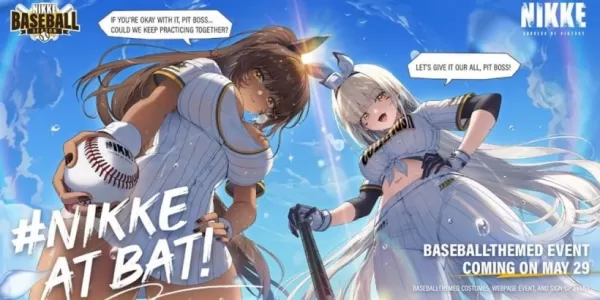Steam Cracks Down on Forced In-Game Ads, Improves Early Access Transparency
Valve has solidified its stance against intrusive in-game advertising, creating a dedicated policy page outlining its ban on games requiring players to watch ads for gameplay or reward progression. This longstanding policy, previously integrated within Steamworks' terms, now enjoys prominent visibility, likely in response to the platform's explosive growth. SteamDB data reveals a staggering 18,942 game releases in 2024 alone.

The Crackdown on Forced Ads

The policy explicitly prohibits games that mandate ad viewing for progression or offer rewards solely for watching advertisements—a common practice in many free-to-play mobile games. To gain entry onto the Steam platform, developers of such games must remove these ad elements or transition to a paid, single-purchase model. Alternatively, a free-to-play model with optional microtransactions or DLC is acceptable. Good Pizza, Great Pizza serves as a prime example of a successful mobile-to-Steam port utilizing this alternative approach.

Permitted Advertising Practices
While disruptive ads are strictly forbidden, Steam permits product placement and cross-promotions (with proper licensing), such as sponsor logos in racing games or branded items in skateboarding games. This policy prioritizes a high-quality, ad-free user experience.

Enhanced Early Access Transparency
Steam has also introduced a feature flagging Early Access games dormant for over a year. These listings now include a message indicating the time since the last update and acknowledging potential outdated developer information. This addition complements existing user reviews, providing clearer signals to potential buyers about potentially abandoned projects. The community response has been overwhelmingly positive, with many users advocating for the delisting of games neglected for extended periods (five years or more).








